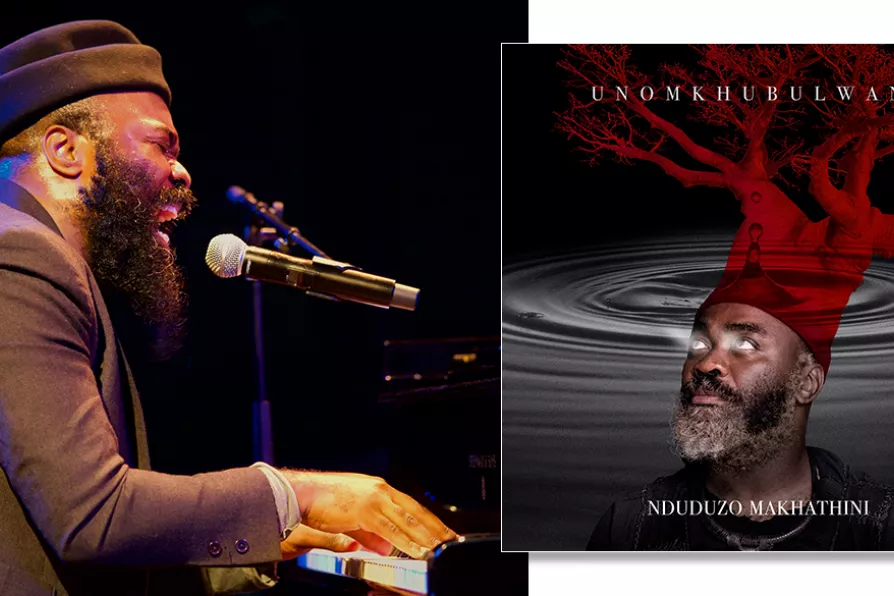The book feels like a writer working within his limits and not breaking any new ground, believes KEN COCKBURN
‘We are looking at spiritual affinities and how these liberate and at the same time transcend the political’
CHRIS SEARLE speaks to South African pianist NDUDUZO MAKHATINI

 Nduduzo Makhathini performing in Amsterdam on 28 October 2021
[Dirk Neven]
Nduduzo Makhathini performing in Amsterdam on 28 October 2021
[Dirk Neven]
NDUDUZO MAKHATINI is an extraordinary pianist. Born in Umgungundlovu, Pietermaritzburg, South Africa in 1982, his musical universe carries the spirits of his Zulu ancestry, engendered through his piano studies at Durban University of Technology and his doctoral research at the University of Stellenbosch.
Similar stories

CHRIS SEARLE speaks to Ethiopian vocalist SOFIA JERNBERG

CHRIS SEARLE speaks to saxophonist and retired NHS orthopaedic surgeon ART THEMEN

SIMON DUFF recommends a new album from renowned composer and oud player Anour Brahem.

CHRIS SEARLE picks his favourites










